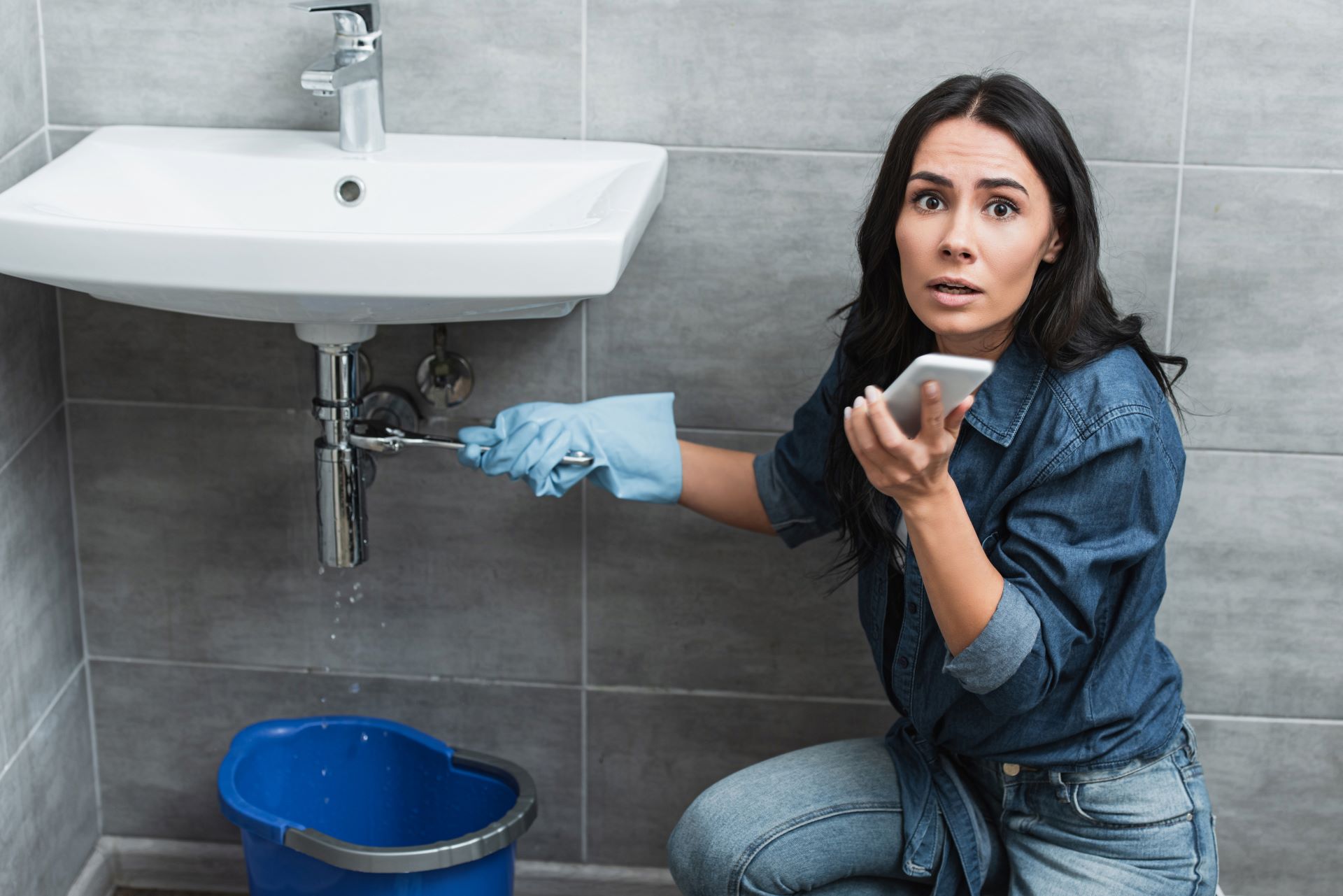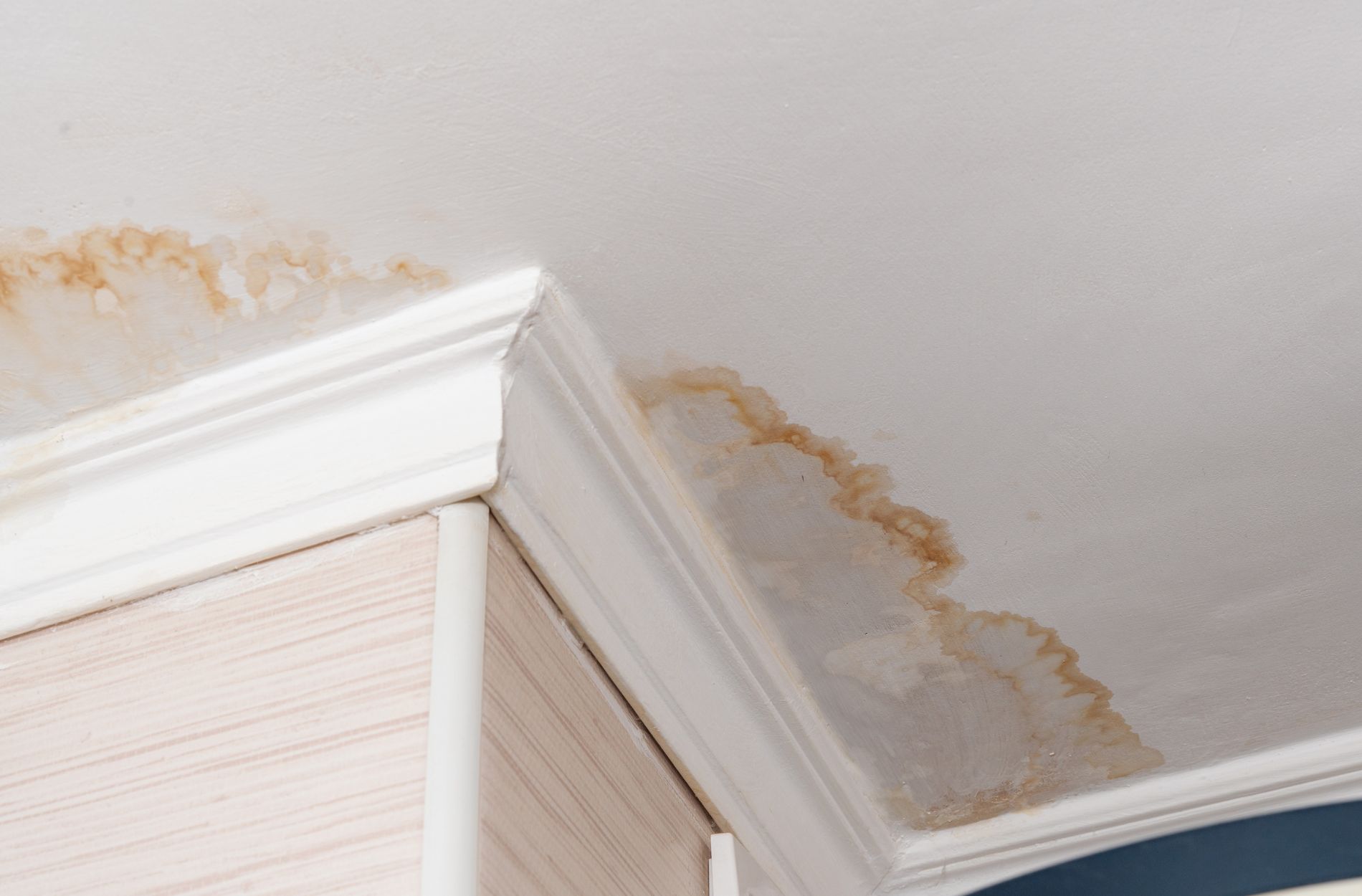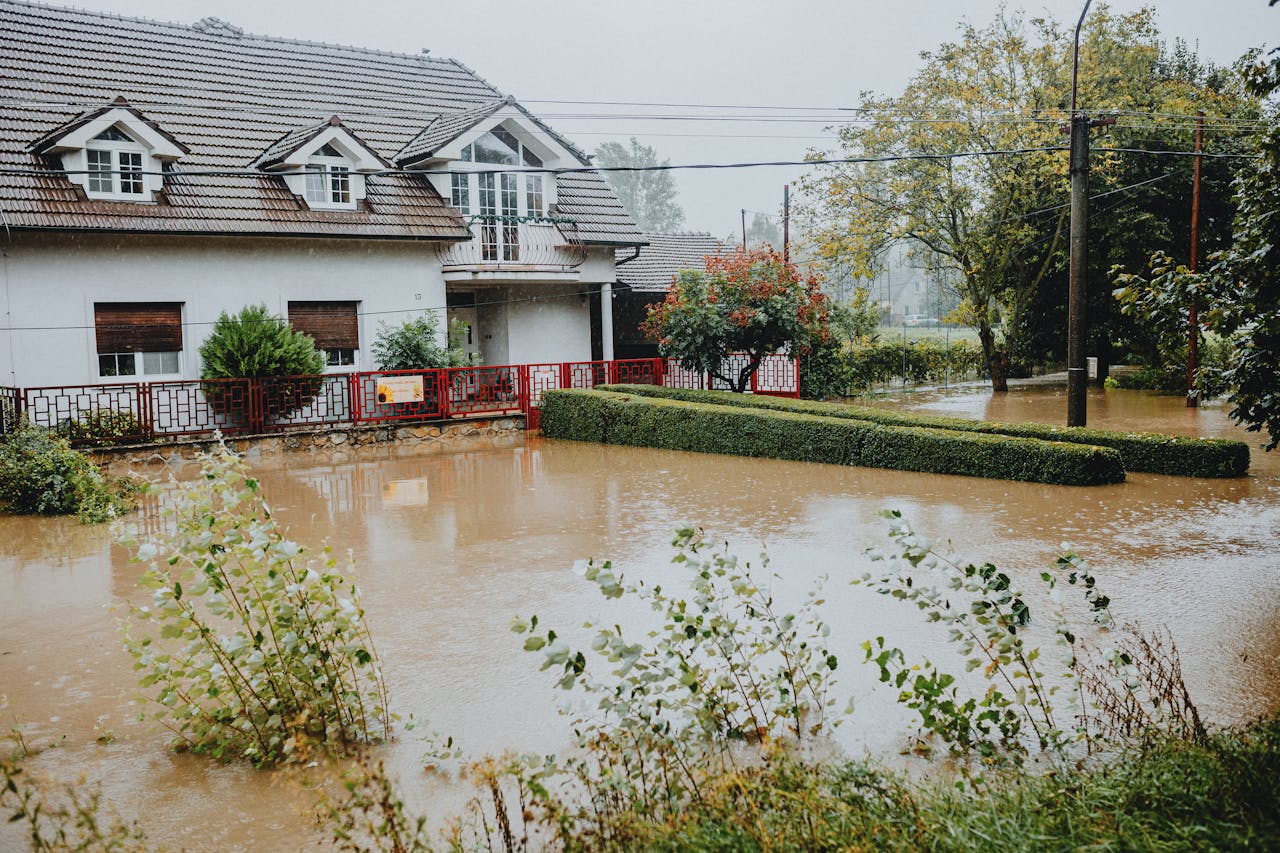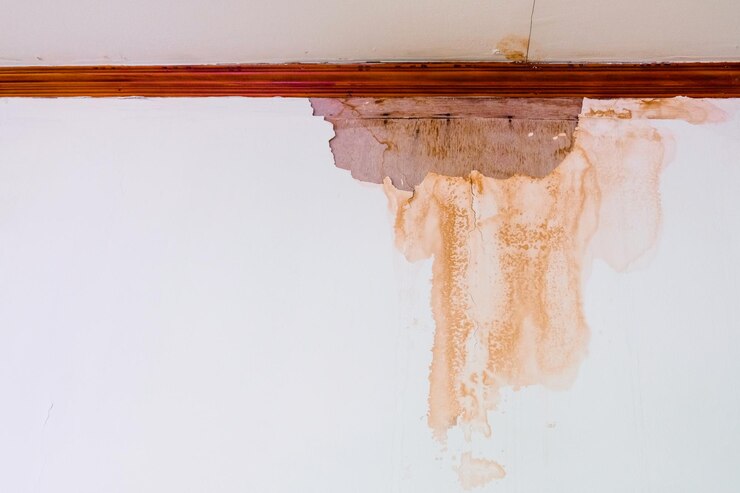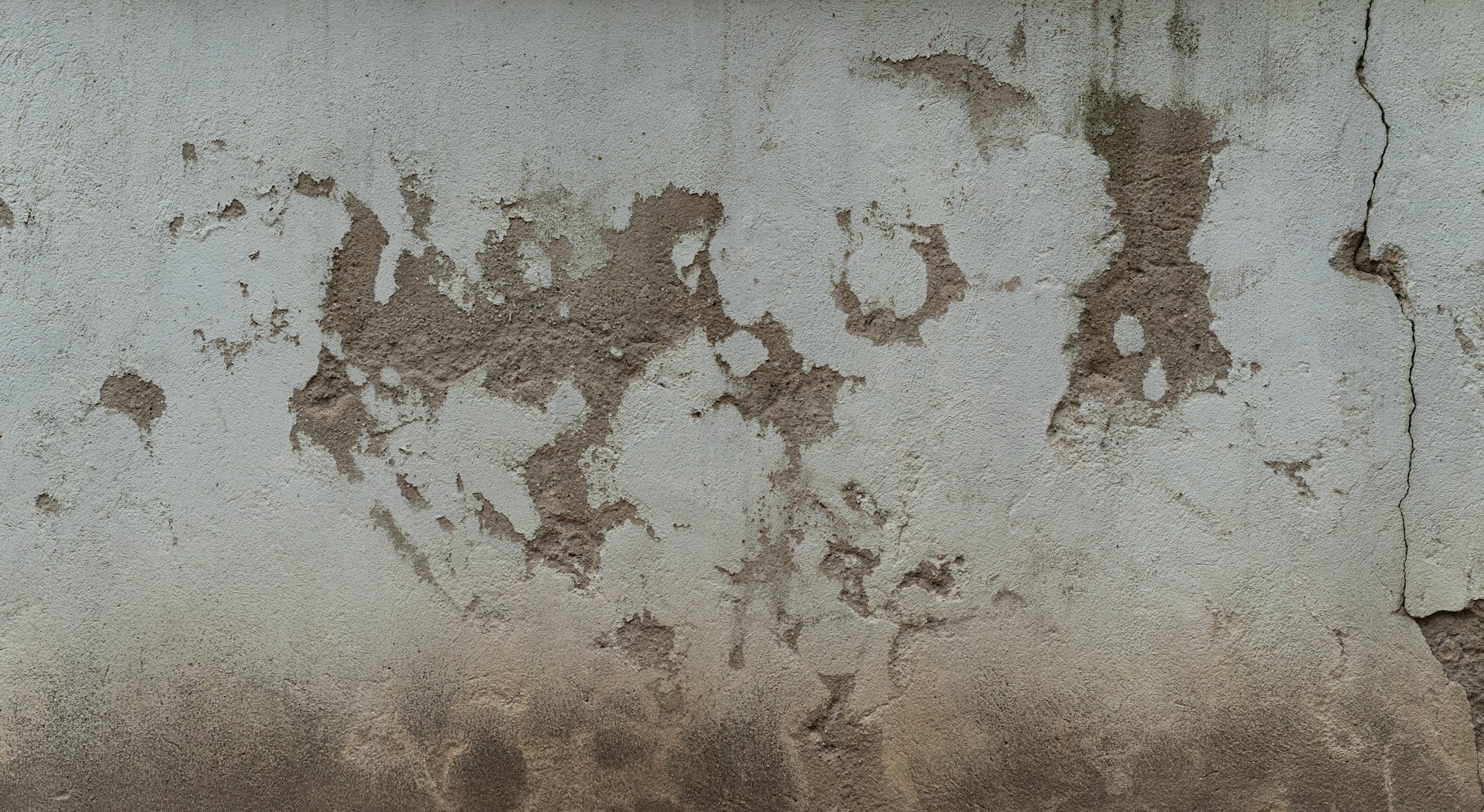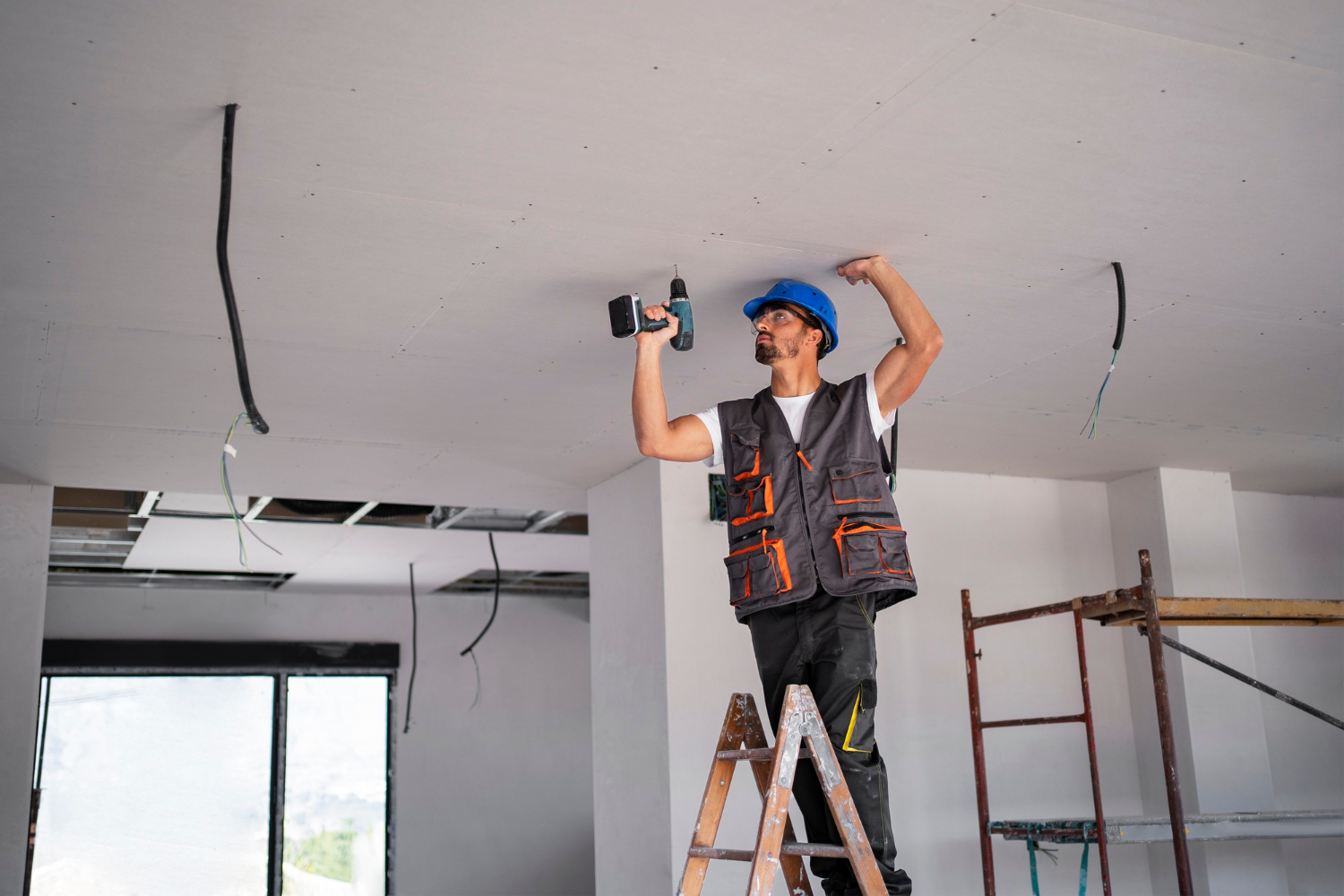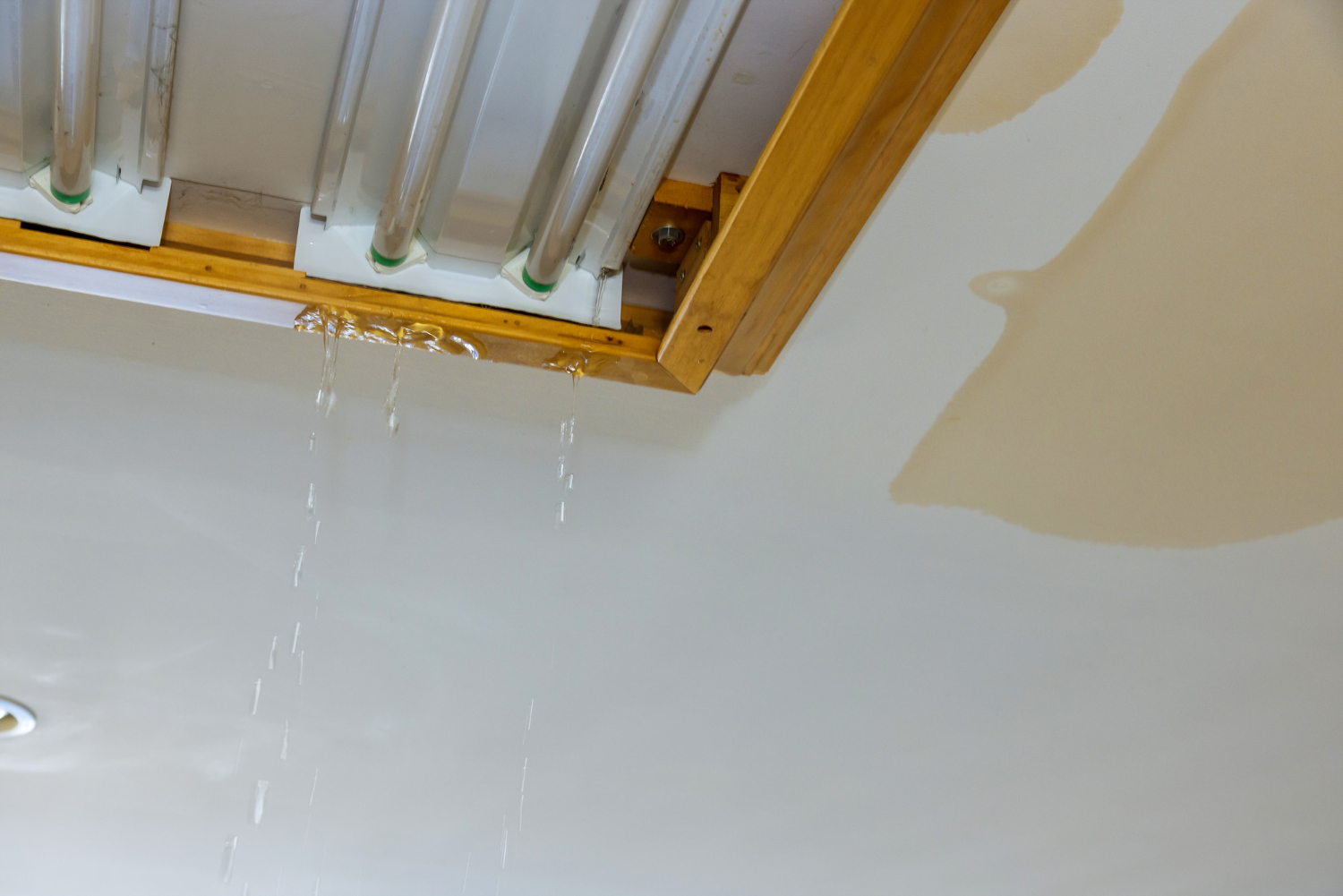Water damage is a serious concern for homeowners, and one of the leading causes is plumbing issues. In Monterey, homes can be particularly vulnerable to various plumbing problems due to the local climate and aging infrastructure. Being aware of these issues and knowing how to address them can save you from costly repairs and extensive damage.
Leaky Pipes and Faucets
Identifying Leaks Early
One of the most important steps in preventing water damage is identifying leaks early. Leaks often start small and can be difficult to notice. Pay attention to telltale signs such as unexplained increases in your water bill, damp spots on walls or ceilings, and the sound of dripping water when all faucets are turned off. Regularly inspect areas under sinks, around toilets, and near appliances for any signs of moisture. By catching leaks early, you can prevent them from causing extensive damage.
Common Causes of Leaky Pipes
Leaky pipes can result from a variety of issues. Common causes include corrosion, which occurs in older pipes made of materials like galvanized steel or copper. Wear and tear from regular use can also lead to leaks, especially around joints and connections. High water pressure can weaken pipes over time, making them more susceptible to bursts and leaks. Additionally, clogs can create pressure build-up, causing pipes to crack and leak. Understanding these causes can help you take steps to prevent leaks before they start.
How Leaks Lead to Water Damage
Even a small leak can lead to significant water damage if left unchecked. Water from leaky pipes can seep into walls, floors, and ceilings, leading to structural damage and mold growth. Over time, this can weaken the integrity of your home’s foundation and reduce indoor air quality. Mold and mildew thrive in damp environments and can spread quickly, causing health issues for you and your family. Addressing leaks promptly is crucial to protecting your home and maintaining a healthy living environment.
Clogged Drains and Toilets
Signs of a Clogged Drain
Knowing the signs of a clogged drain can help you address the issue before it leads to water damage. Common signs include slow draining water in sinks, bathtubs, or showers, and gurgling sounds coming from your drains. You may also notice unpleasant odors emanating from the drains, which can indicate trapped food or waste material starting to decompose. If water begins to back up in toilets or other fixtures, this is a clear sign of a major blockage that needs immediate attention.
Risks of Ignoring Drain Blockages
Ignoring drain blockages can have serious consequences for your home. Blocked pipes can cause water to back up and overflow, especially in areas like bathrooms and kitchens. This overflow can damage floors, walls, and cabinets, leading to costly repairs. Additionally, standing water from an overflow creates an ideal environment for mold and bacteria to grow. Over time, this can compromise the structural integrity of your home and pose health risks to your family. Prompt attention to clogged drains can prevent these issues.
Preventing Clogs in Your Home
Preventing clogs is easier than dealing with the aftermath of an overflow. Simple steps include avoiding pouring grease and oil down the drain, as they can solidify and cause blockages. Use a drain strainer in sinks and showers to catch hair and food particles, and clean it regularly. Avoid flushing items like wipes, paper towels, and feminine hygiene products down the toilet, as they can cause blockages. Regularly running hot water through your drains can help clear minor buildups. These preventive measures can keep your drains flowing smoothly and reduce the risk of clogs and water damage.
Water Heater Issues
Recognizing Water Heater Leaks
Water heater leaks can be tricky to notice at first, but spotting them early can save you from significant water damage. Common signs of a leak include puddles or dampness around the base of the water heater, an unexplained increase in your water bill, and a reduced hot water supply. Rusty water coming from your faucets can also indicate corrosion inside the tank. Regularly inspecting your water heater for any signs of leaks or damage can help catch issues before they escalate.
Impact of Water Heater Failures
When a water heater fails, it can cause extensive water damage to your home. A malfunctioning heater can leak large amounts of water, leading to flooding in basements, utility rooms, or other areas where the unit is located. This water can harm floors, walls, and any belongings stored nearby. Moreover, a failed water heater can disrupt your daily routine by depriving you of hot water for showers, cleaning, and other household tasks. Timely maintenance and early detection of issues can prevent these inconveniences and damages.
Maintenance Tips for Water Heaters
Proper maintenance can extend the life of your water heater and minimize the risk of leaks. A few helpful tips include regularly draining a few gallons of water from the tank to remove sediment build-up, which can cause corrosion and reduce efficiency. Checking the pressure relief valve annually ensures it is functioning correctly. It’s also important to set the thermostat to a safe and efficient temperature, around 120°F. Hiring a professional to inspect your water heater annually can catch potential issues before they become major problems.
Burst Pipes During Cold Weather
Why Pipes Burst in Winter
Pipes burst in winter primarily due to the freezing of water inside them. When water freezes, it expands, creating pressure inside the pipe. If the pressure becomes too high, it can cause the pipes to crack or burst. This is especially common in unheated areas of the home, such as attics, basements, and garages. Proper insulation and heating can prevent this, but it’s essential to understand why it happens and take the right preventive measures.
Preventing Winter Pipe Bursts
Preventing pipes from bursting during the winter involves several steps. First, insulating exposed pipes can help keep them warm. Pipe insulation sleeves are an easy and effective solution. Leaving cabinet doors open in the kitchen and bathroom allows warm air to circulate around the plumbing. It’s also wise to let faucets drip slightly, as moving water is less likely to freeze. Additionally, keeping your home’s thermostat set at a consistent temperature, even when you’re away, can prevent freezing pipes.
Immediate Steps if a Pipe Bursts
If a pipe bursts, quick action is crucial to minimize water damage. First, turn off the main water supply to stop the flow of water. Then, open all faucets to drain the remaining water in the system and relieve any pressure. Mop up standing water to prevent further damage to floors and walls. It’s essential to call a professional plumber immediately to repair the burst pipe and ensure there are no other issues. Quick intervention can save you from extensive repairs and costly water damage.
Conclusion
Being aware of common plumbing issues like leaky pipes, clogged drains, water heater problems, and burst pipes during winter can help you protect your Monterey home from water damage. Early detection and preventive measures are the best ways to avoid the costly and disruptive effects of water damage. Remember, a little maintenance goes a long way in ensuring the safety and longevity of your home.
If you’re dealing with water damage or want to prevent it, All Around Home Solutions offers expert services to keep your home in top condition. Contact us today for professional advice and immediate assistance. Protect your home and your family with our comprehensive water damage restoration services.

